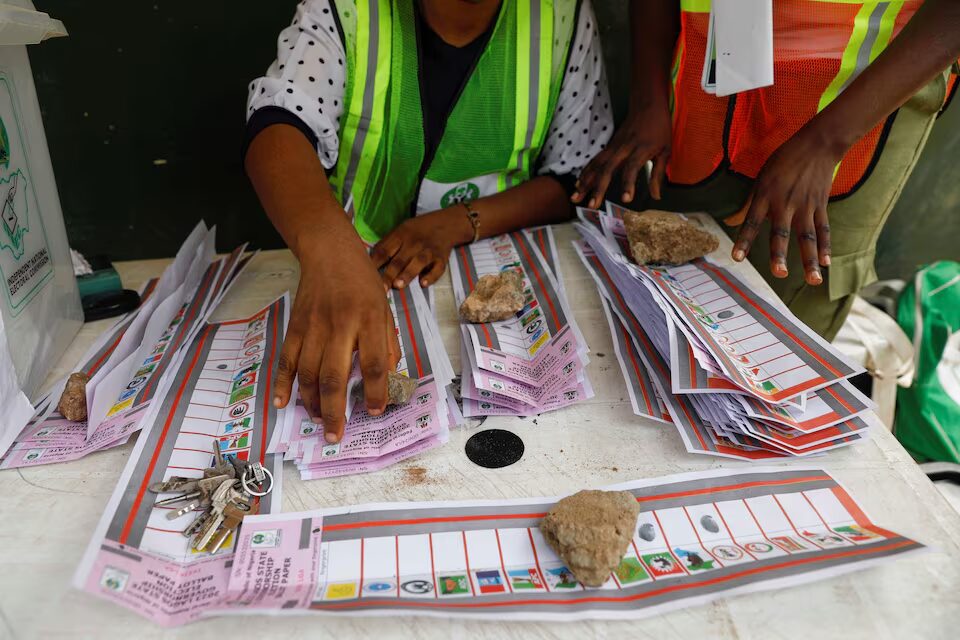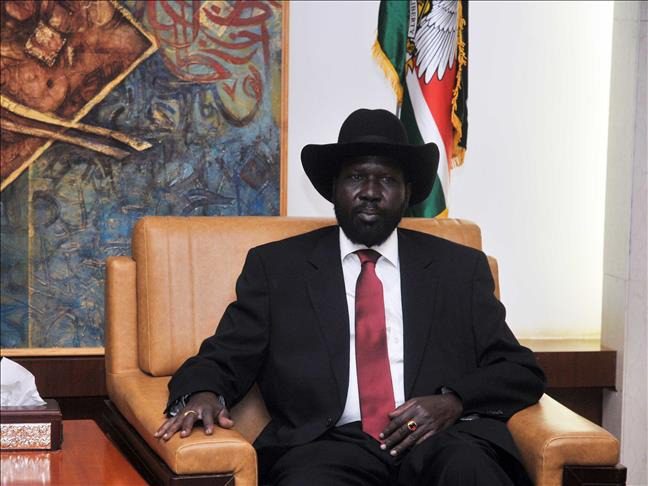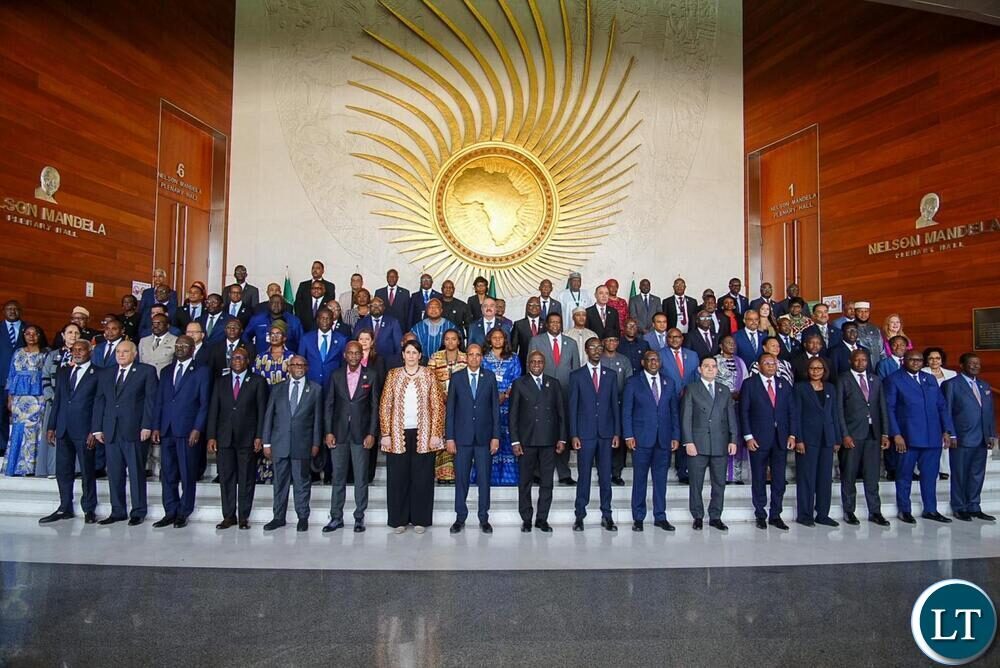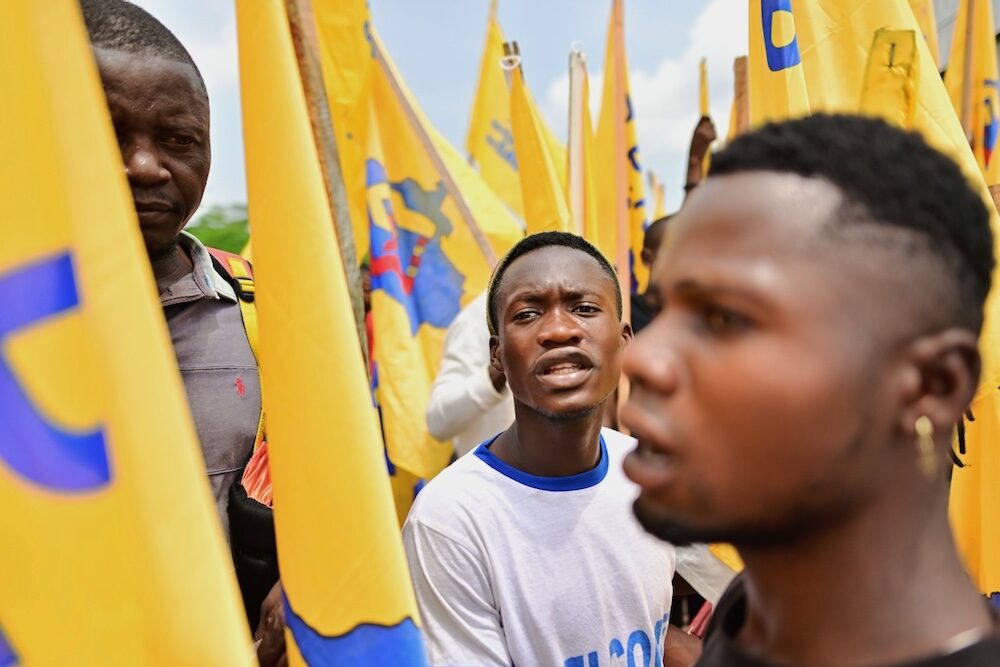
Wednesday 16th April 2025

Par inAfrika Reporter
South Sudan’s fragile peace is facing its biggest test in years following a fresh political crisis that threatens to unravel the 2018 peace agreement. Tensions exploded in late March after President Salva Kiir’s administration placed First Vice President Riek Machar under de facto house arrest, accusing him of inciting a rebellion. Machar’s allies have denied the claim, calling it a political maneuver to silence opposition ahead of anticipated elections.
The situation has sparked fresh violence in Upper Nile state, where government forces have clashed with the White Army militia a group historically aligned with Machar. The uptick in fighting has revived memories of the brutal 2013–2018 civil war, which killed an estimated 400,000 people and displaced millions. Now, fears are mounting that the country could spiral back into large-scale conflict.
In an urgent bid to rescue the peace process, a delegation from the African Union’s “Council of the Wise” arrived in Juba on April 2. The group, led by former Burundian President Domitien Ndayizeye, has been meeting with both sides in a high-stakes attempt to cool tensions and push for dialogue. Their mission comes under a directive from the AU Peace and Security Council, which is demanding Machar’s unconditional release and warning that the current standoff places the entire peace agreement in jeopardy.
The timing couldn’t be more critical. East African leaders, including Kenya’s Raila Odinga, had previously attempted to mediate but were blocked from seeing Machar, raising questions about transparency and willingness to engage in honest dialogue. The AU’s intervention now stands as a pivotal moment not only for South Sudan but for the continent’s broader commitment to resolving internal crises without outside interference.
Machar’s party, the SPLM-IO, has welcomed the AU’s involvement, expressing optimism that diplomacy might prevent a return to war. However, political analysts believe Kiir’s actions reflect a deliberate attempt to sideline rivals before the long-overdue elections, which are meant to usher in a more democratic era. If Machar’s influence is neutralized without consensus, it could further divide the military and destabilize the already fragile unity government.
The consequences of renewed conflict would stretch far beyond South Sudan’s borders. A collapse of the peace process could trigger a fresh wave of refugees into neighboring countries like Sudan, Ethiopia, and Uganda. It would also threaten vital economic lifelines, including oil exports that are crucial for the region’s economy.
As the AU mediation continues, all eyes are on Juba. Whether African diplomacy can hold the line will be a defining test for the “African solutions to African problems” doctrine. If successful, it could restore hope and keep the country’s democratic transition on track. But if the talks fail, South Sudan could plunge into another devastating chapter of war one the region is desperate to avoid.


